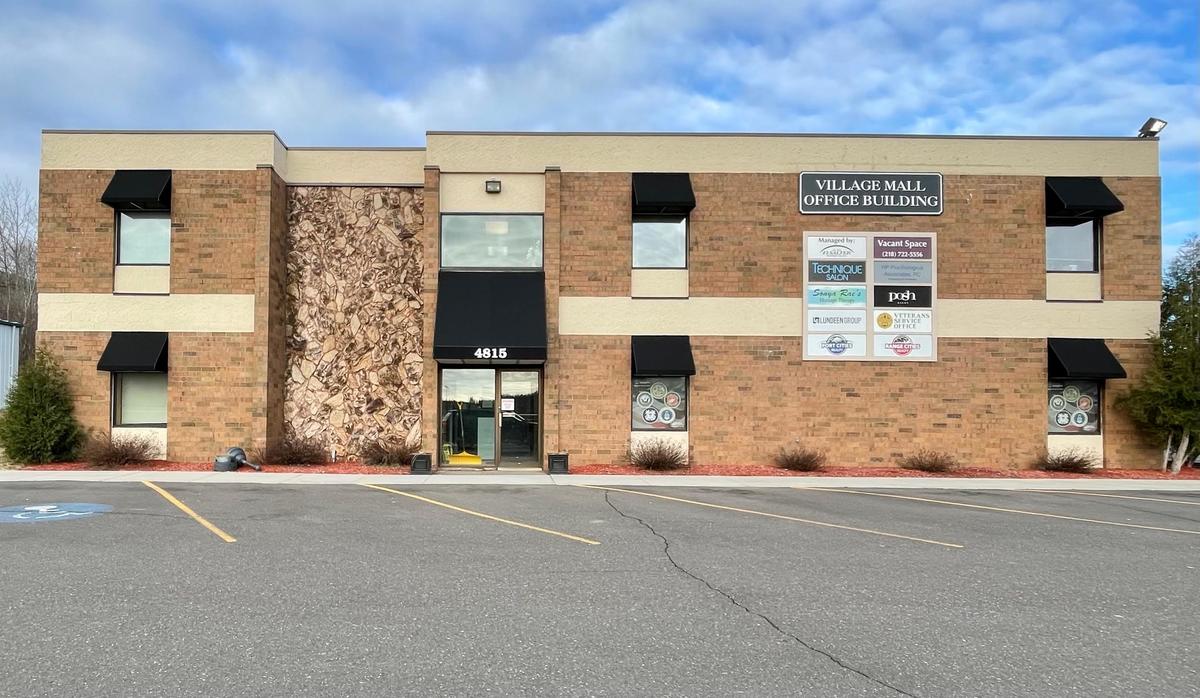Following the scientist-practitioner model of training, Clinical Counseling students gain competencies in empirically-based diagnostic and intervention methods and psychological research to serve diverse populations in a variety of settings. The high degree of individualized attention from core faculty prepares students to work as mental health providers or to continue their education at the doctoral-level.
+
Research
As part of their coursework, Clinical Counseling students have the option of completing a thesis-like research project (Plan B) or additional coursework (Plan C).
The Plan B Research Project in Psychology involves conducting an empirical research project or meta-analysis under the direction of a faculty advisor. The project must be designed and conducted by the individual student. The topic, however, may be based upon the research program of the faculty advisor. Students generally write their research proposal during their first year in the program and orally present their proposal to an examination committee by the end of the first year. Once approved, students will pursue IRB approval and can begin data collection, which typically takes place in the fall of the second year. Students completing the Plan B project must submit a final research paper and pass an oral defense as part of the requirements for graduation. Many of our graduates in doctoral programs have had their Plan B projects accepted in fulfillment of the Master's thesis requirement.
Alternatively, students may select Plan C, which involves completion of six additional course credits instead of the research project. All students have opportunities to be a part of research during their training. Plan C is a good fit for students who value research, but plan to pursue licensure immediately after graduation, and/or have specific applied training goals.
+
Faculty
Clinical Counseling faculty profiles
Kathy Dowell Lara LaCaille
Rick LaCaille Viann Nguyen-Feng
Rhea Owens Catherine Reich
Full listing of Clinical Counseling research labs.
+
Curriculum
Course Descriptions
PSY 5021 - Advanced Developmental Psychology (3.0 cr) Course format involved reading and discussion of reviews and journal articles about theories, research methodology, and topics central to the scientific study of human development from conception through adulthood. The role of theory as a guide for research and practice, and classical as well as contemporary theories will be examined. Normative changes and individual differences will be examined. Theoretical frameworks in the domains of social, cognitive, language, and temperament/personality development will be examined.
PSY 5052 - Advanced Statistics I (3.0 cr) Advanced statistics used for experimental and correlational research in psychology; analyze data from simple and complex research designs analysis of variance and linear regression techniques; hypothesis testing; nonparametric statistics; assumptions of tests and diagnosis of assumption violations; interpretations of results; use of common statistical software (e.g., SPSS or R).
PSY 5120 - Career and Lifestyle Development (2.0 cr) Overview of career development and decision theories related to life planning and career choices. Methods and techniques involved in the career counseling process.
PSY 5121 - Psychopathology Over the Lifespan (3.0 cr) Psychopathology from integrative biopsychosocial and developmental psychopathology perspectives; adult and child psychopathologies including symptomatology, prevalence, etiological evidence, typical course and prognosis, associated features, cultural and social considerations, comorbidity and differential diagnosis.
PSY 5155 - Forensic Psychology (3.0 cr) Examines the application of psychology to the judicial system in such diverse areas as criminal diversion and rehabilitation, expert testimony, jury selection, police training, divorce mediation, and custody evaluations.
PSY 5401 - Advanced Social Psychology (3.0 cr) Examination of core content areas and topics within experimental social psychology with a focus on application within both clinical and industrial/organizational psychology. Topics include attitude formation and attitude change, attribution theory, the self, conformity, prejudice, aggression, and prosocial behavior.
PSY 5631 - Biological Bases of Behavior (3.0 cr) Understanding how communication within the body (neuronal, endocrinological, immunological) affects behavior and psychological processes and how these systems interact to influence these processes. Examining how perturbations within these systems lead to mental illness and/or problematic behaviors. How psychoactive drugs affect these systems, with respect to clinical treatment and abuse. The neurological mechanisms of reward and drug dependence (withdrawal, cravings) will be investigated.
PSY 8021 - Research Methods and Evaluation (3.0 cr) Examination of quasi-experimental and experimental designs within psychological science. The course will provide comprehensive coverage of the assessment of reliability and validity of measures, methods, and research designs to facilitate the development of a research proposal. A wide variety of quantitative and qualitative research designs, measurement techniques, and methods will be described and evaluated in terms of internal, external, construct, and statistical conclusion validity.
PSY 8052 - Advanced Statistics II (3.0 cr) Advanced statistics used for experimental and correlational research in psychology; analyze data using advanced univariate, basic multivariate, and meta-analytic techniques; assumptions of test; diagnosis of assumption violations; interpretation of results; use of common statistical software (e.g., SPSS or R).
PSY 8097 - Clinical Counseling Practicum (3.0 cr) Supervised counseling practice experience within the University setting. Emphasis is on developing individual and group counseling skills.
PSY 8103 - Introduction to Graduate Studies (0.0 cr) This course will orient new students to key facets of graduate studies in the Master's in Psychological Science Program. Program expectations, requirements, and timelines will be clarified to enable students to make progress in formulating goals in their chosen tracks. This course will provide students with a basis for academic collaboration and professional development by facilitating student interactions with peers and the faculty in psychology.
PSY 8221 - Individual Adult and Group Therapy/Counseling (3.0 cr) This course provides an overview of a variety of individual and group therapy models and techniques utilized with adults. Evidence-based techniques and empirically supported treatments will be emphasized along with their application to specific psychological diagnoses.
PSY 8223 - Child, Adolescent, and Family Therapy (3.0 cr) Individual child and adolescent psychological intervention models and techniques as well as a variety of family therapy models and techniques will be reviewed, emphasizing those with demonstrated empirical effectiveness. Students will be introduced to the provision of effective youth and family counseling approaches in preparation for practicum experience.
PSY 8224 - Clinical Treatment Planning (3.0 cr) This course provides an overview of methods and strategies of evidence-based clinical treatment planning. Identification and evaluation of measurable process and outcome goals are emphasized. Treatment planning will target specific psychological diagnoses for adults and children, and various modalities, as well as crisis intervention/counseling.
PSY 8231 - Assessment I: Foundations and Cognitive Assessment (3.0 cr) This course provides an overview of basic psychometric issues, test administration, and cognitive assessment. It covers fundamental issues in evidence-based assessment and the development of competent administration and interpretation skills of common cognitive assessments.
PSY 8232 - Assessment II (3.0 cr) Building on content from Assessment I, this course applies concepts of psychological testing and measurement to the assessment of specific clinical syndromes and personality through objective personality tests, behavioral observations, symptom checklists, rating forms and structured diagnostic interviewing. Students will learn to appropriately use and interpret results from such measures in the course of clinical/counseling practice. Issue of clinical judgment and controversies concerning common assessment approaches will be covered.
PSY 8301 - Multicultural Foundations in Clinical/Counseling Psychology (3.0 cr) This course explores the complexities of culture in practice. The focus is on becoming culturally responsive counselors and therapists. Within evidence-based practice, this course provides guidelines for integrating cultural considerations into the theory and practice of assessment, diagnosis, and therapeutic interventions.
PSY 8302 - Ethical and Legal Issues in Therapy and Counseling (3.0 cr) This course covers approaches to ethical decision making of relevance to work as a psychologist. Codes of ethical conduct, as well as legal issues related to research and practice are foci. Students will learn about important historical cases illustrating ethical and legal issues in the field.
PSY 8197 - Clinical Counseling Internship (6.0 cr) Supervised clinical work in a professional psychological services setting. Psychological assessment and clinical intervention are emphasized.
Example Schedule
Fall, First Year
5052 Advanced Statistics 1 (3)
5120 Career and Lifestyle Development (2)
5121 Psychopathology (3)
8103 Introduction to Graduate Studies in Psychology (0)
8231 Assessment I: Foundations and Cognitive Assessment (3)
Spring, First Year
8021 Research Methods and Evaluation (3)
8097 Clinical Counseling Practicum (3)
8221 Individual Adult and Group Therapy/Counseling (3)
8232 Assessment II: Personality and Diagnostic Assessment (3)
May
8302 Ethical and Legal Issues in Therapy and Counseling (3)
Fall, Second Year
8197 Clinical Counseling Internship (3)
8223 Child, Adolescent and Family Therapy (3)
8301 Multicultural Foundations in Clinical Counseling Psychology (3)
Elective or Plan B (3)
Spring, Second Year
5021 Advanced Developmental Psychology (3)
8197 Clinical Counseling Internship (3)
8224 Clinical Treatment Planning (3)
Elective or Plan B (3)
Examples of Electives:
- PSY 5155: Forensic Psychology
- PSY 5401: Advanced Social Psychology
- PSY 5631: Biological Bases of Behavior
- PSY 8052: Advanced Statistics II
- SW 5215: Trauma-Informed Practice
- SW 5144: Grief, Loss and Coping
- SW 5280: Substance Use Trends and Interventions
- ENED 5997: Professional Practicum in Environmental Education (integrating nature-based approaches into mental health treatments)
+
Applied Training
Clinical Counseling training is strongly focused on empirically-validated aspects of clinical theory and application. Students attain 700 hours of applied/field work experience through practicum and internship placements, with approximately 35% of applied hours through assessment and practicum experiences in the first year.
Psychological Assessments
- Test kits for intelligence and achievement testing
- Personality assessment materials such as the MMPI

Practicum Supervision
- Students receive 1 hour per week minimum of one-on-one supervision from a core faculty member
- 3 hours per week of group supervision (6:1 student-to-faculty ratio)
Clinic Rooms
- 3 clinic rooms on campus are outfitted with state-of-the-art camera equipment for supervision purposes. Clinical counseling students use these rooms to conduct practice testing sessions, diagnostic assessments, interviews, and engage in counseling with volunteer clients
Treatment manuals
- 80+ evidence-based manuals and books are available to clinical counseling students
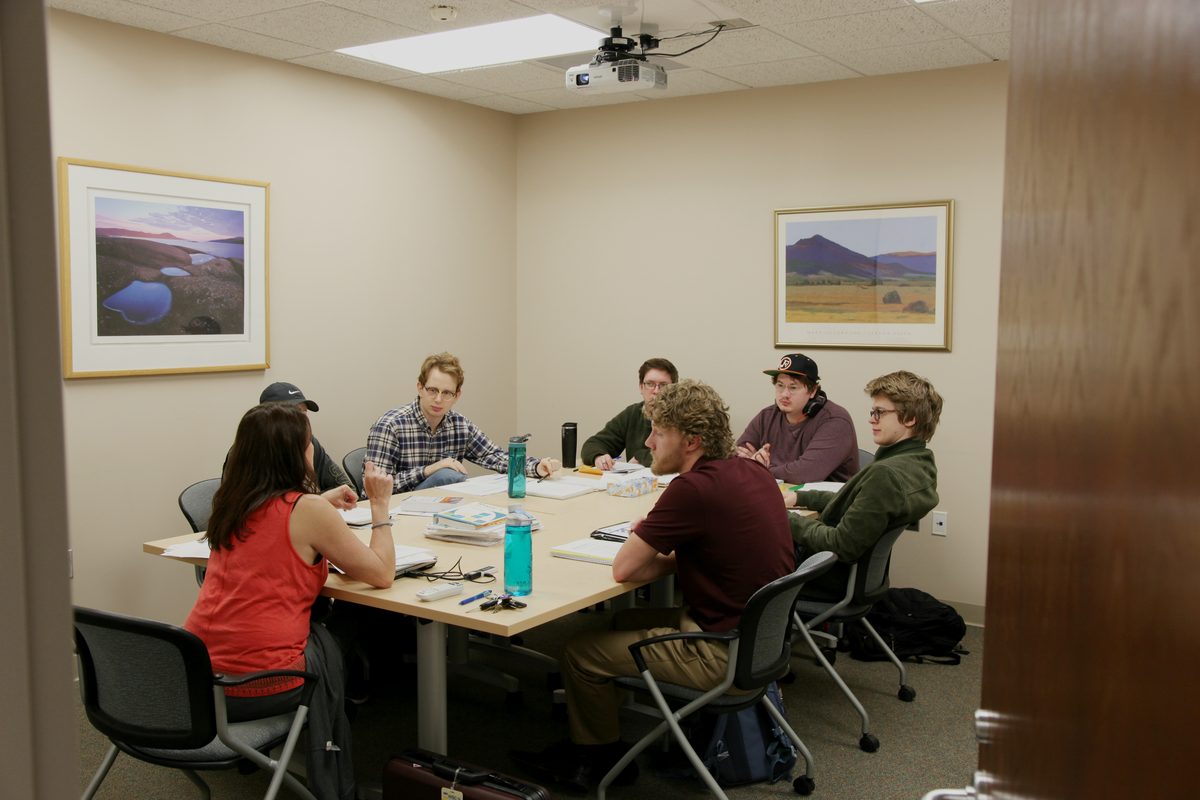
+
Internship
Each Clinical Counseling psychology student completes a two-semester, 500 hour internship at an agency in the community. These may include interning in outpatient, residential mental health, or medical settings working with a variety of clinical populations including children, adolescents, adults, or medical patients with mental health concerns.
During internship students receive a minimum of 3 hours of combined supervision weekly from a site supervisor and weekly group supervision with a core faculty member.
Are students responsible for finding their own internship site?
No. The supervising faculty identifies existing internship sites or seeks new sites that are appropriate for the students' training, based on student interest and skills. If students are interested in a different type of experience, agreements with other agencies can be explored.
Potential Internship Sites
This list is not exhaustive, and availability varies from year-to-year. Internship sites to-date have been located in Duluth, unless a student requests a further site for their own specialized training goals.
Birch Tree Center
- Agency description: Birch Tree Center is a community and regional collaboration providing mobile crisis services and residential crisis stabilization to adults experiencing a mental health crisis or emergency. This includes programming designed to enhance psychiatric stability, personal and emotional adjustment, and the necessary skills to return to a more independent setting.
- Description of Field Activities: Interns are involved with our community Mobile Crisis Response Team. They are involved in all phases of crisis response services- assessment, community intervention, and treatment planning. They evaluate client strengths and limitations, support network and functioning. They may make recommendations, referrals and answer mental health crisis phone calls.
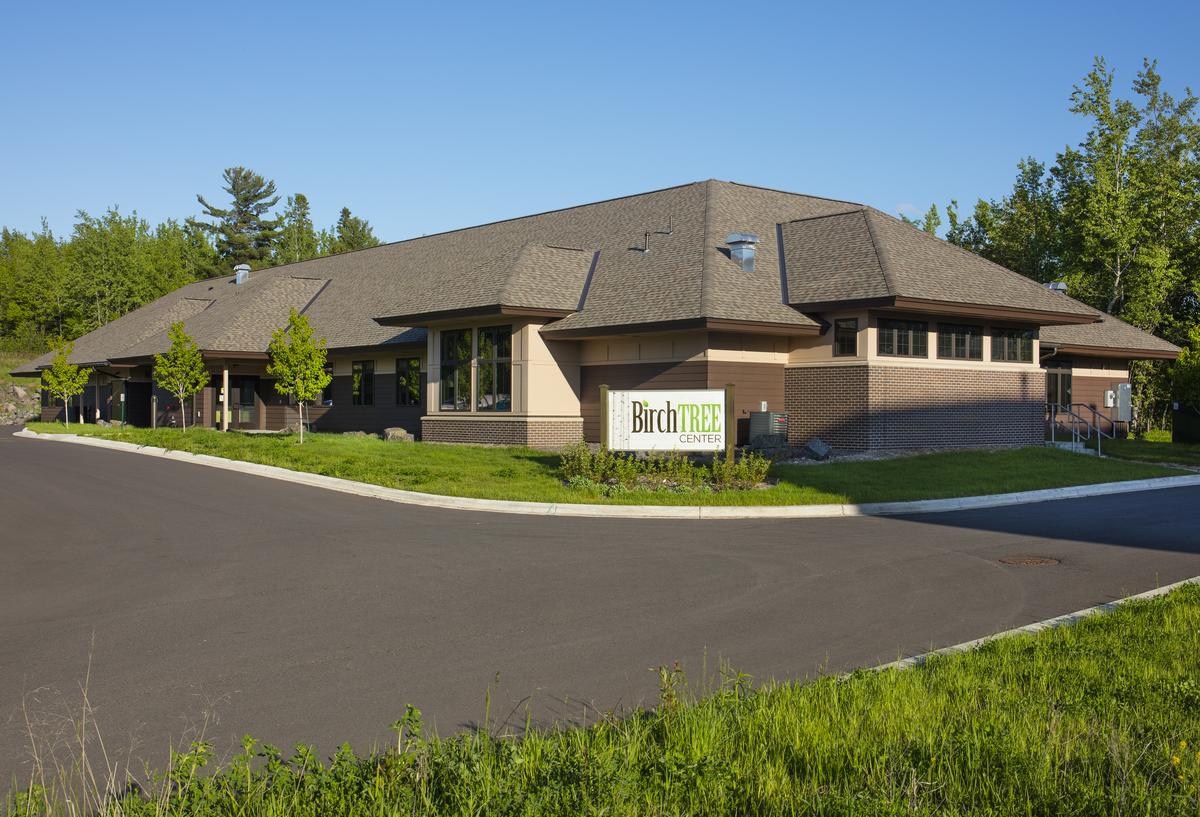
Duluth Family Medicine Clinic
- Agency Description: A primary care clinic affiliated with the Duluth Family Medicine Residency Program. The Family Medicine Residents provide full service primary health care. The clinic also uses an integrated behavioral health model to provide mental health services to patients.
- Description of Field Activities: Interns provide mental health services using an integrated model. This typically includes consulting with resident physicians and participating in warm hand-offs to provide support to patients. Experiences include assisting with differential diagnosis through completing diagnostic assessments and mental health screening measures and providing time-limited therapy using an integration of various theoretical approaches. Treatment is provided as part of a primary care team that includes the physician and may also include psychiatry, pharmacy, nursing staff, a community care facilitator, or other clinic staff. There is also opportunity to present lectures on behavioral health topics.
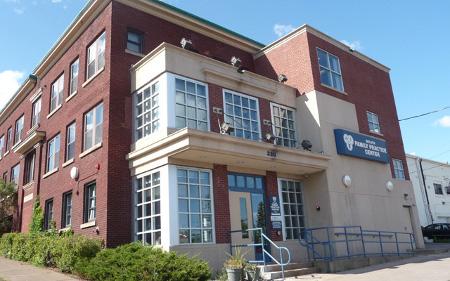
Duluth School District - ISD 709
- Description of Field Activities: Field experiences can include, but are not limited to, the following: individual counseling and small group work, parent teacher consultation, administering tests and assisting with special education assessments, and working with all students as needed, including students who may have a DSM-5 diagnosis. Field experiences may also include working with staff and students on community projects during the school year, assisting with experiential and outdoor activities, observing and participating in numerous multi-disciplinary teams, and planning and client advocacy.

Essentia Health Mental/Behavioral Health Clinic
- Agency Description: Outpatient mental health services to patients within the Essentia Health system. Health psychology treats people with various medical and mental health concerns. Patients learn through therapy how physical health and mental health affect each other.
- Description of Field Activities: Patients learn through therapy how physical health and mental health affect each other. A Health Psychology Intern assists psychologists with evaluations and therapy related to various medical and mental health concerns including (but not limited to) insomnia, neurological concerns, bariatric evaluations, chronic pain, and cardiac rehabilitation therapy services. Other duties include attending meetings and consulting with supervisors on cases.
HP Psychological Associates, PC
- Agency Description: A group private practice providing psychotherapy, play and sand tray therapy, psychological/neuropsychological assessment, and Dialectical Behavior Therapy (DBT) services.
- Description of Field Activities: Interns conduct diagnostic assessments, psychotherapy, psychological assessments, and my participate in the DBT consultation team and a DBT Skills Training Group. Interns take part in weekly team consultation group and are encouraged to both seek out and provide consultation. They may also be involved in providing couples, family therapy, or play therapies. Through these activities, interns are able to enhance their clinical, case conceptualization, and diagnostic interviewing skills and gain proficiency in the administration, scoring, interpretation and write up on psychological assessments.
MAP Behavioral Health Center / Kartta Group
- Agency Description: This is a consortium-style internship, with training hours shared between MAP Behavioral Health Center (MAPBHC) (psychotherapy track) and Kartta Group (assessment track). Both agencies are located in the Medical Arts Building in downtown Duluth, Minnesota. Interns who participate in these shared training opportunities will enhance their skills in the diagnosis and treatment of mental disorders, with a focus on diversity and multicultural issues.
- MAPBHC - Psychotherapy Track: MAPBHC is an outpatient mental health center dedicated to providing individual and family counseling in a warm, welcoming environment. The internship track at MAPBHC focuses on helping students enhance their clinical skills through individual therapy, diagnostic interviewing, individual and group supervision, and case consultation. The providers at MAPBHC have varied experience, including clinical counseling, psychology, social work, and marriage and family therapy.
- Kartta Group - Assessment Track: Kartta Group specializes in psychological assessment in clinical, forensic, and professional settings. The internship track at Kartta Group helps trainees become more efficient in psychological test administration, scoring, interpreting, and diagnostic interviewing. Interns receive individualized supervision and peer mentorship, as well as obtain training in frequently used psychological and cognitive tests.

Northwood Children’s Services
- Agency Description: Located in Duluth, Minnesota, Northwood Children's Services provides holistic and professional care, education, and treatment for children with severe emotional, behavioral, and learning disabilities. Established more than 130 years ago, we are the oldest and largest organization of our kind in Minnesota. Northwood is a private, nonprofit, tax-exempt agency committed to building positive change in children's lives. Our mission is to build brighter futures for children and families by providing a full continuum of quality mental health treatment programs delivered by passionate, professional, and highly trained staff.
- Description of Field Activities: Interns are involved at one of the residential treatment center campuses or day treatment programs. They are involved in all phases of treatment - milieu therapy, group counseling, individual counseling, case management, and family work. They may also be involved in diagnostic evaluations and psychological testing.
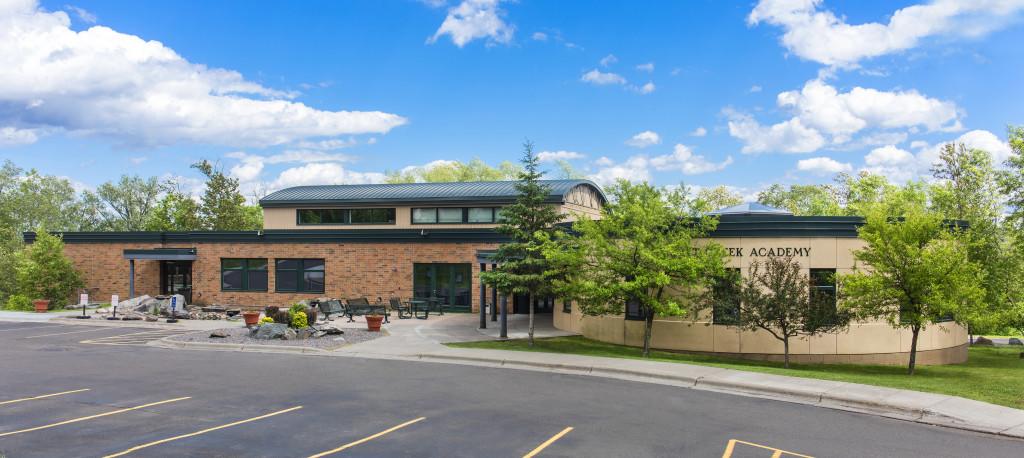
Nystrom & Associates, Ltd.
- Agency Description: Nystrom & Associates, Ltd offers Community Based services, an intensive outpatient chemical dependency program, DBT, Adult Day Treatment, psychological testing and medication management services. Other professional experiences available to Interns include: shadowing other departments within Nystrom (CD, Testing, ADT, DBT), shadowing current employees in the program, attending the intern cohort meeting consisting of presentations from guest speakers, case consultation, and continuing education opportunities.
- This site has 4 possible internship opportunities:
Adult Rehabilitative Mental Health Services (ARMHS)
- Program Overview: Our ARMHS program provides community based services to Adult clients ages 18+ who have a mental health diagnosis, the program is designed to work with clients on four functioning areas: Basic Living and Social Skills, Community Intervention, Medication Education, and Transitioning to Community Living, as well as working on skills to help them lead an independent life in their home or place of residence.
- Individual Experience: Face-to-face client contact with Adults using a variety of interventions and psychoeducational tools, the intern completes treatment plans, functional assessments, and progress notes. Interns have the opportunity to shadow/conduct diagnostic assessment. Some couples/family therapy experience.
Children’s Therapeutic Supports and Services (CTSS)
- Program Overview: The CTSS program provides community based rehabilitation services to children and adolescents, ages 3-21, who have a mental illness, the intern meets with the child and/or family at least two times per week, meeting them in their homes, client’s school, daycare, or other appropriate community location.
- Individual experience: Individual and family mental health skills work with children and adolescents, maintaining a caseload of 3-5 clients.
Adult Day Treatment (ADT)
- Program Overview: ADT is group day treatment for clients who have chronic mental illness such as depression, anxiety, and bipolar, acute mental health concerns, and/or clients who are in need of more intensive or structure support throughout the week without needing inpatient hospitalization.
- Therapeutic Orientations: Cognitive behavioral, DBT, psychoeducational.
Dialectical Behavior Therapy (DBT) Program

St. Luke’s Mental Health (Outpatient)
- Agency Description: Outpatient mental health clinic within the St. Luke’s hospital and clinic system.
- Description of Field Activities: Interns conduct psychological testing and diagnostic assessment, co-facilitate group psychotherapy, and may provide hospital consultations. Interns participate in weekly team supervision/case reviews.
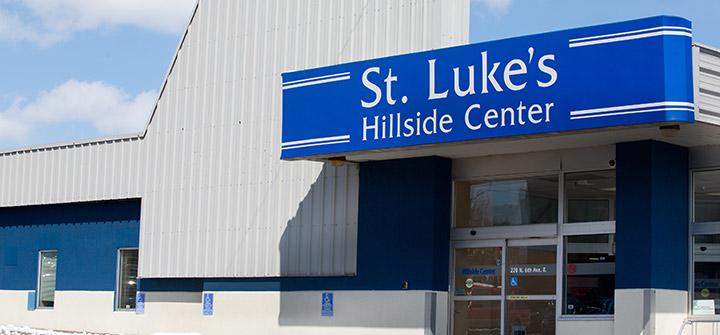
+
Licensure and Accreditation
MAPS Clinical Counseling graduates are eligible to become a Licensed Professional Counselor (LPC) in Minnesota, and with additional requirements following graduation, are eligible to become a Licensed Professional Clinical Counselor (LPCC). Learn more about LPC and LPCC requirement through the Minnesota Board of Behavioral Health and Therapy.
Licensure requirements and reciprocity vary from state-to-state, so we strongly recommend that you check with the licensing board within the state you are interested in practicing regarding the specific details.
The University of Minnesota Duluth is an accredited institution meeting accreditation requirements in some states, including Minnesota. A few states require CACREP accreditation for LPC. As a program housed in a psychology department the MAPS Program is not eligible for CACREP. CACREP does not accredit any type of psychology program.
